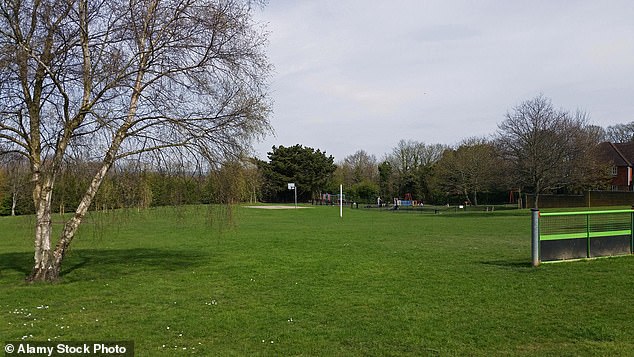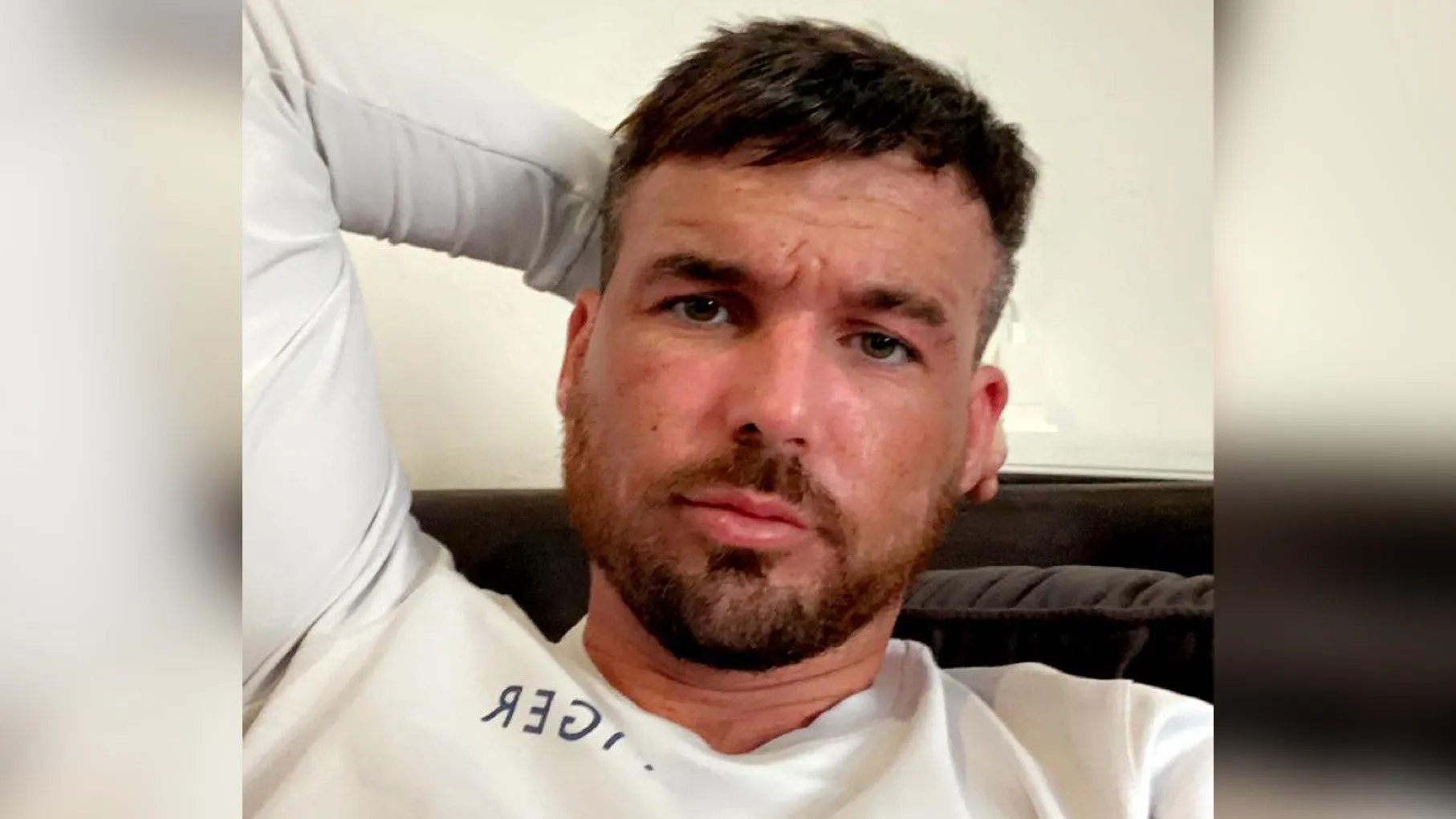It looks like Elon Musk is shelving his bold idea of launching a new political party in the U.S.
Instead of charging ahead with his “America Party,” the billionaire is now turning his attention to supporting Vice President JD Vance as the potential next president.
According to reports, Musk has grown cautious after his rocky political experiments with Donald Trump and doesn’t want to risk alienating Republicans any further.
The Tesla founder is also signaling that he wants to refocus on his business empire, from SpaceX to Neuralink, rather than juggle the unpredictable world of U.S. politics.
From Trump Fallout to a New Favorite
Musk once went all-in for Trump, pouring close to $300 million into his 2024 campaign.
But their alliance blew up dramatically earlier this year, with Musk even writing online that “Trump is in the Epstein files.”
The fallout was messy, and both men threatened each other publicly over government contracts and political disagreements.
Now, with Trump term-limited and looking toward his eventual successor, Musk seems to have shifted his attention.
His money and influence may soon back Vance, who insiders believe is preparing for a 2028 presidential run.
A Growing Circle Around Vance
Musk wouldn’t be the only tech titan in Vance’s corner.
Executives like Peter Thiel, David Sacks, Anthony Wood, and Palmer Luckey have already poured resources into boosting Vance’s political profile.
Polls are also painting him as the early frontrunner for the Republican nomination in 2028.
Recent conversations between Musk and Vance suggest that Musk understands launching a third party now could fracture their relationship.
Many also point out that Musk hasn’t even laid the groundwork for a new party—no ballot access, no organizing, no infrastructure.
Silence Around the “America Party”
When Musk first floated the “America Party” idea on July 4, he did it in typical Musk fashion—through an online poll.
The response was overwhelmingly in favor, and he declared the party born. But since then, the movement has fizzled.
Mark Cuban, who had initially shown support, says he hasn’t heard a word about progress. Libertarian leaders echo the same frustration, calling it “an eerie silence.”
In fact, Musk even canceled a July meeting with political organizers who were ready to help him set up.
It now seems clear: Musk is letting the “America Party” fade quietly into the background.
Vance Courts Power Behind the Scenes
Meanwhile, JD Vance has been busy strengthening his ties to powerful figures.
In June, he made a discreet trip to Rupert Murdoch’s sprawling Montana ranch.
The meeting wasn’t for leisure—it was a chance to sit down with Murdoch, his son Lachlan, and Fox News executives to talk strategy and the future of Trump’s political agenda.
While the details of the conversation remain under wraps, the very fact of the meeting signals that Vance is working carefully to establish himself as Trump’s natural successor.
Musk and Trump: From Rivals Back to Friendly Terms?
Despite their falling out, relations between Musk and Trump appear to have cooled down.
Trump recently said he wants Musk to succeed, stressing that he has no plans to strip away government contracts from Musk’s companies.
“I want Elon, and all businesses in this country, to thrive,” Trump declared on Truth Social.
Just weeks earlier, though, he had jokingly suggested unleashing DOGE—the agency Musk founded—against him.
The back-and-forth underscores the unpredictable nature of their relationship.
The Future of Musk’s Political Role
Musk’s flirtation with creating a third party may be over before it ever really began.
What’s emerging instead is a new phase—one where Musk leverages his fortune and influence not to reinvent politics directly, but to back the person he thinks can carry Trump’s torch into 2028.
If JD Vance officially jumps into the race, Musk could become one of his most powerful backers.
And with Vance already cultivating support from the tech elite and conservative powerbrokers, the stage is slowly being set for a post-Trump Republican era.



